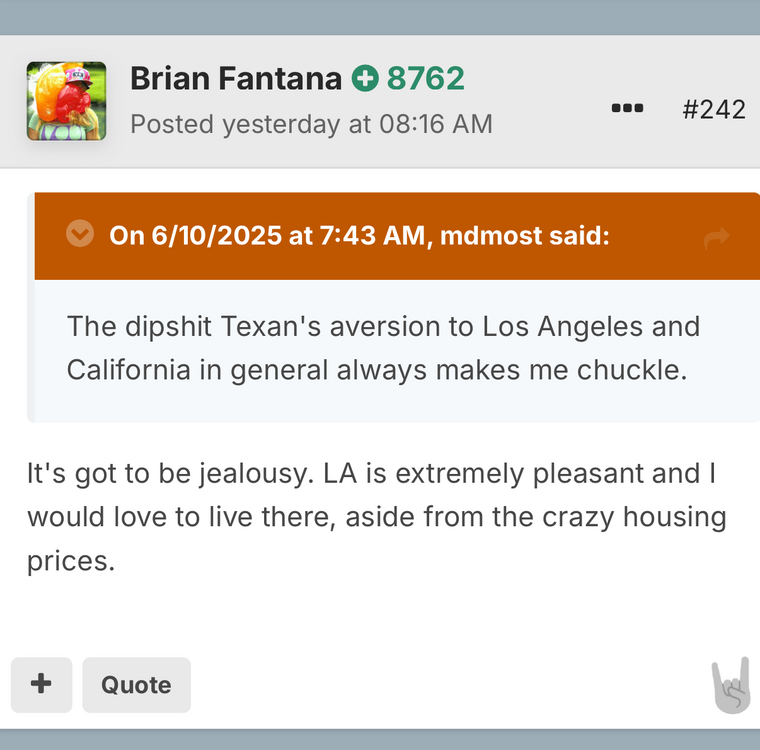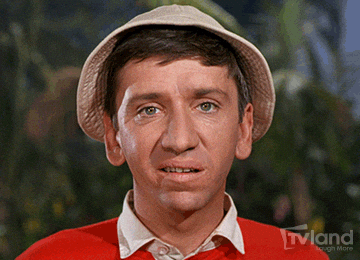38 Bodies Found In and Around Lake
June 9, 2025 by David Jones
The tranquil environment of Lady Bird Lake has been disrupted by a series of unsettling discoveries that have gripped the public’s attention. Since 2022, a total of 38 bodies have been found in or near the lake, sparking speculation about a possible serial killer. Despite the rumors, law enforcement agencies maintain that there is no evidence to suggest a connection between these deaths.
Data analysis shows that out of the 38 bodies recovered, 30 were males, with the majority, about 60%, aged between 30 and 49 years. Only two of the deceased were teenagers, one of whom was discovered just this week. The recent discovery was made by a paddleboarder who spotted a body floating in the lake, leading to a quick response from the police.
The unidentified body is believed to be that of a teenager who went missing while kayaking and paddleboarding with his family on Sunday. The police report suggests that the teenager had stepped off his paddleboard into shallow waters but unknowingly drifted towards an underwater shelf, a concealed danger that resulted in his disappearance. His backpack and life jacket, which matched the description of the missing teenager’s belongings, were found on the paddleboard.
This incident marks the seventh body found in Lady Bird Lake in 2025 alone. Over the past three years, the majority of deaths have been ruled as accidental drownings, followed by suicides, drug overdoses, and natural causes. Only one case has been officially classified as a murder, while several others remain unresolved with undetermined causes of death.
Despite the alarming frequency of these incidents, the Austin Police Department has consistently stressed that there is no evidence to suggest a link between the deaths. Officials have dismissed any suggestion of foul play, assuring the public that there are no signs of trauma in the recent discoveries.









